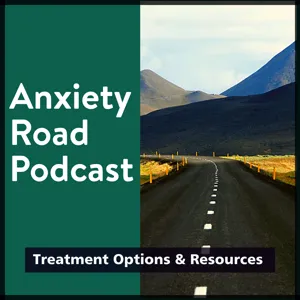There is a spectrum of decisions between I can and I can't. Part of our healing journey is to understand the concept of acceptance.
I absolutely wanted to view that video. Spent a chunk of it nodding in agreement.
Not to mention that I learned a little bit about not sleeping under a tree if there is snow.
I felt validated in that there is actual video proof of the experience in real life. Sometimes you can move past it. Sometimes you can't.
So I wanted to address that aspect of that experience with a few resources to help folks understand some of the concepts about acceptance and self-care.
I'm not going camping anytime soon. I need plumbing and an assurance of no bear contact.
I like bears.
I respect bears. Don't need to see one in the wild.
If you need support contact the National Suicide Prevention Lifeline at 988 or 1-800-273-8255, the Trevor Project at 1-866-488-7386 or text “START” to 741-741.
Resources Mentioned:
On the Positive Psychology website there is a explainer on What is Self-Acceptance? Please be aware that the site is designed for behavioral health folks, but it is easy for most people to read. There is a lot of text on the page, I'd read it a section at a time.
If you lean toward a stoic point of view, there is The Philosophy of Everything blog page on the
philosophy of acceptance.
The Mindful Path to Self-Compassion, by Christopher Germer, PhD. The publisher is The Guilford Press and you can find the book at almost any off and on-line book vendor. The link is to the vendor's publisher's web site.
Dr. Germer has his own website where he has a page on
meditations on self-compassion. You can download the mp3 file to your device or listen to it on the website.
Disclaimer:
Links to other sites are provided for information purposes only and do not constitute endorsements.
Always seek the advice of a qualified health provider with questions you may have regarding a medical or mental health disorder.
This blog and podcast is intended for informational and educational purposes only. Nothing in this program is intended to be a substitute for professional psychological, psychiatric or medical advice, diagnosis, or treatment.

